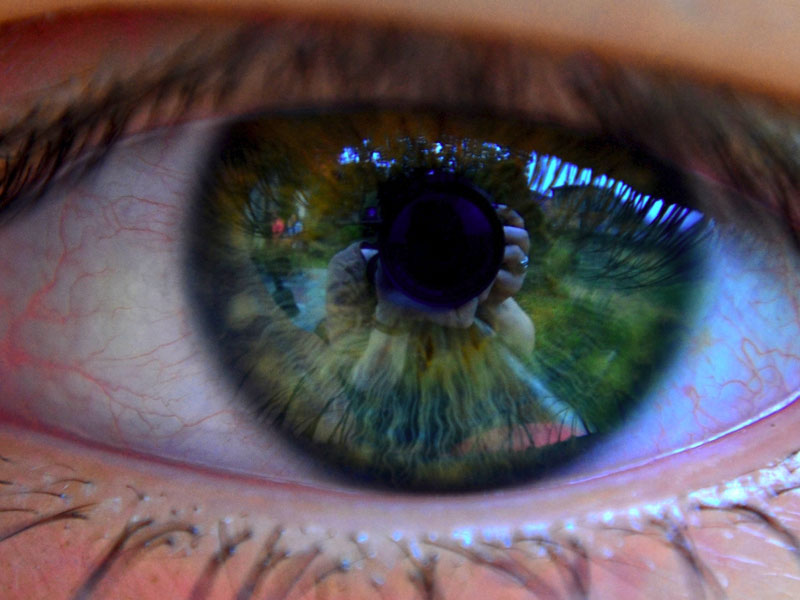Gamma-aminobutyric acid (GABA) is a major neurotransmitter that is abundantly and widely distributed throughout the central nervous system. Low levels or decreased GABA function in the brain are associated with several psychiatric and neurological disorders, but most primarily anxiety, depression, insomnia and epilepsy.
GABA that is naturally manufactured via a fermentation process that uses the beneficial bacteria Lactobacillus hilgardii has been shown to be more effective than the synthetic form of GABA, which is made from the industrial solvent pyrrolidinone. The natural form, known as PharmaGABA, has been shown to produce relaxation by increasing the alpha to beta brainwave ratio, preserving salivary antibody production during stress and reducing amounts of the stress hormone cortisol.
PharmaGABA: Effects on the Sympathetic Nervous System
It appears that PharmaGABA is easily absorbed in the body and binds to GABA receptors in the peripheral nervous system, which leads to activation of the parasympathetic nervous system within five to 30 minutes after PharmaGABA is ingested. This produces what is referred to as the “relaxation response,” which is in direct contrast to the stress or “fight or flight” response.
New Data
In a very interesting study, endurance cyclists biked at 65 percent of their oxygen consumption for 30 minutes on two different occasions. They were given either a sports drink containing 1,000 mg of GABA or a placebo for 20 minutes before exercising. The results indicated that GABA prevented exercise-induced elevations in core body temperature. Sweat rate and plasma catecholamine (stress hormone) concentrations during exercise were also inhibited. These results provide further evidence that GABA reduces sympathetic nervous system activation during times of stress.
Reference
Miyazawa T, Kawabata T, Suzuki T, et al. Effect of oral administration of GABA on temperature regulation in humans during rest and exercise at high ambient temperature. Osaka City Med J. 2009 Dec;55(2):99-108.



